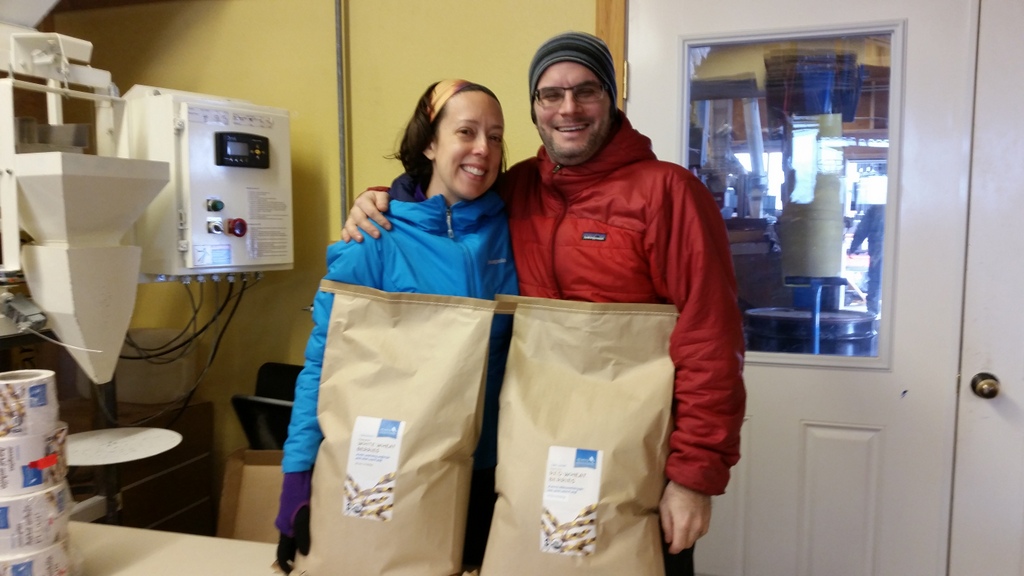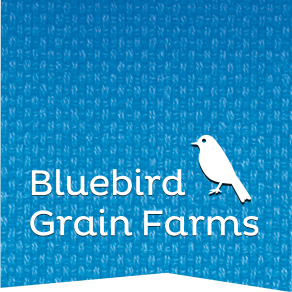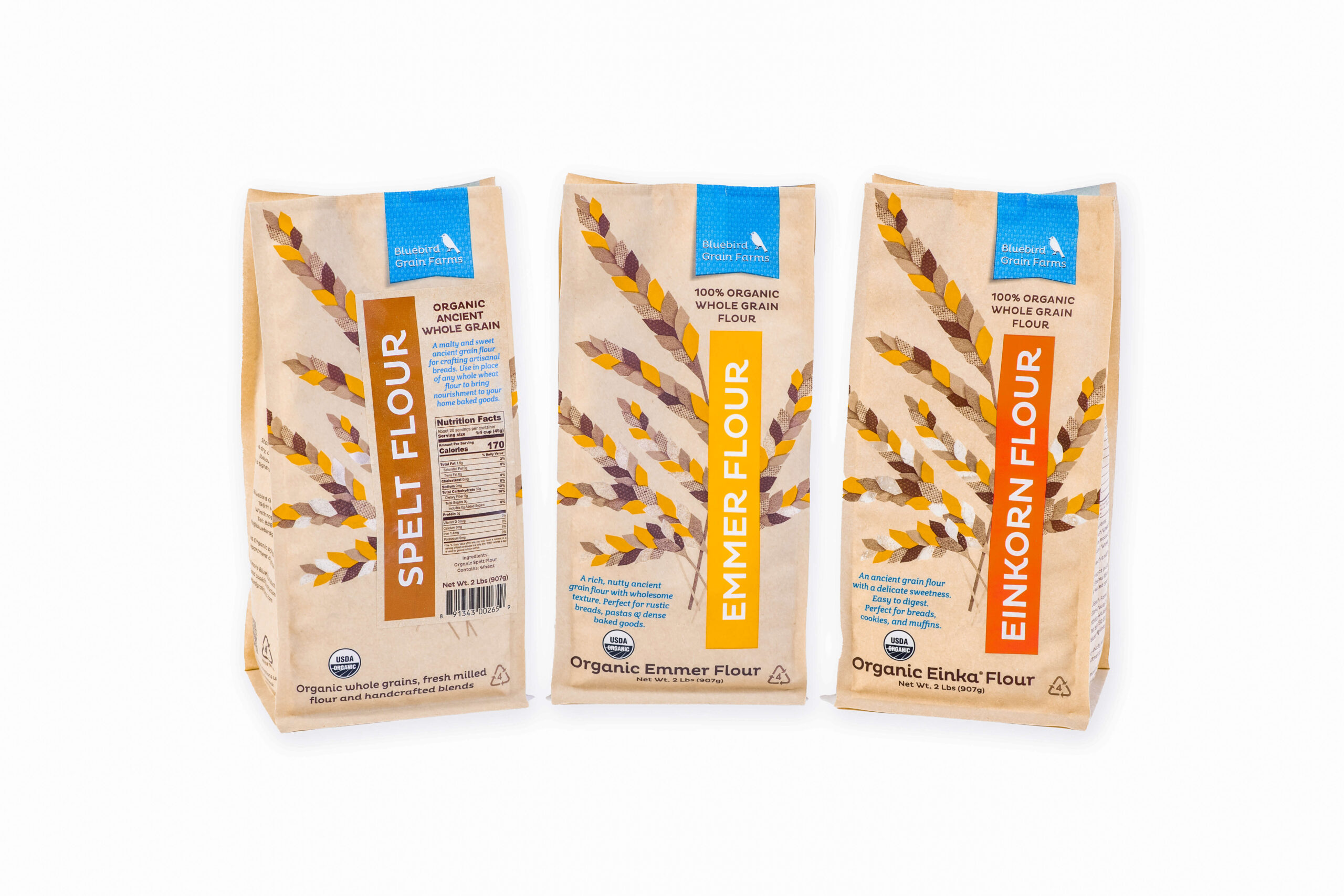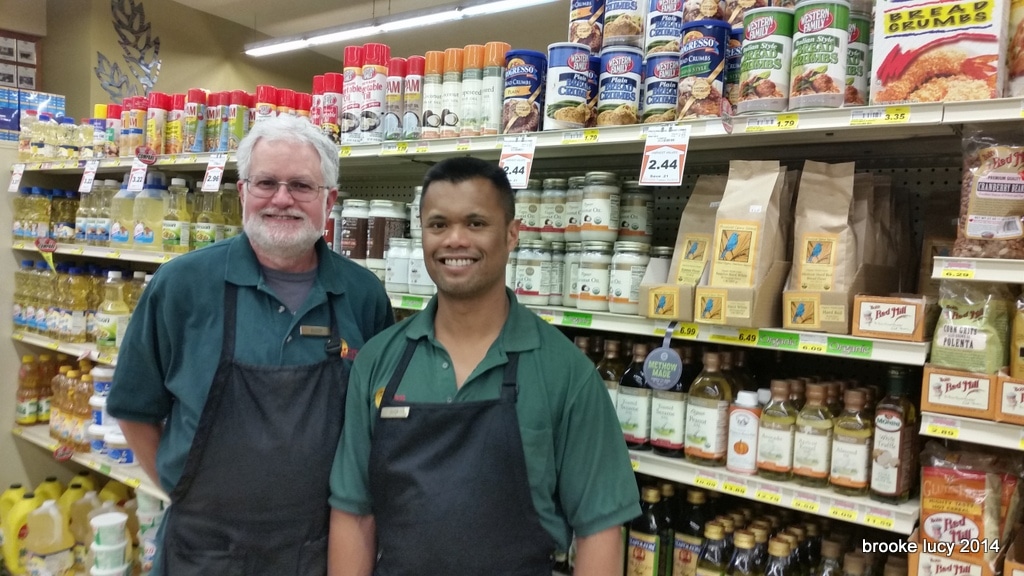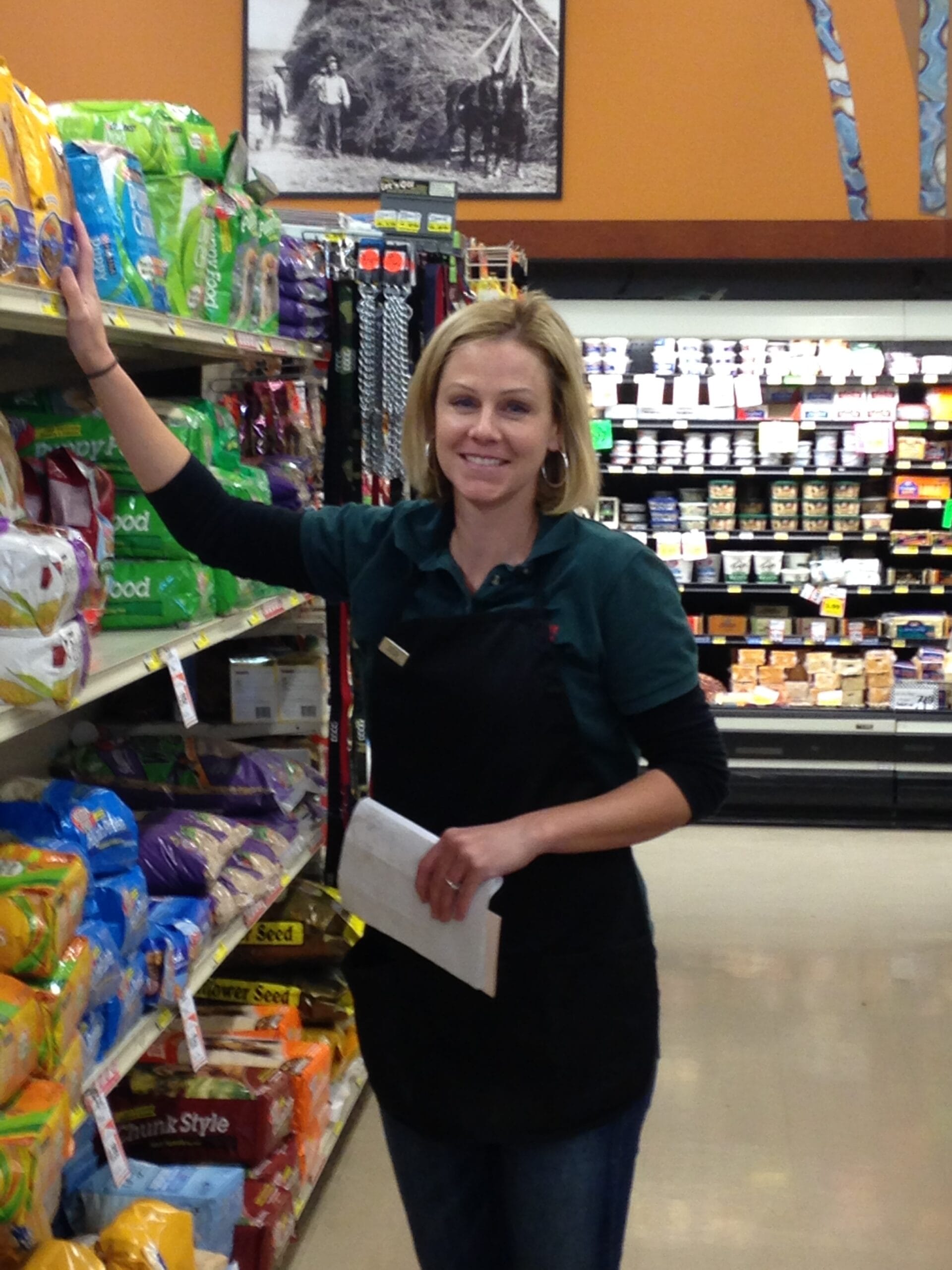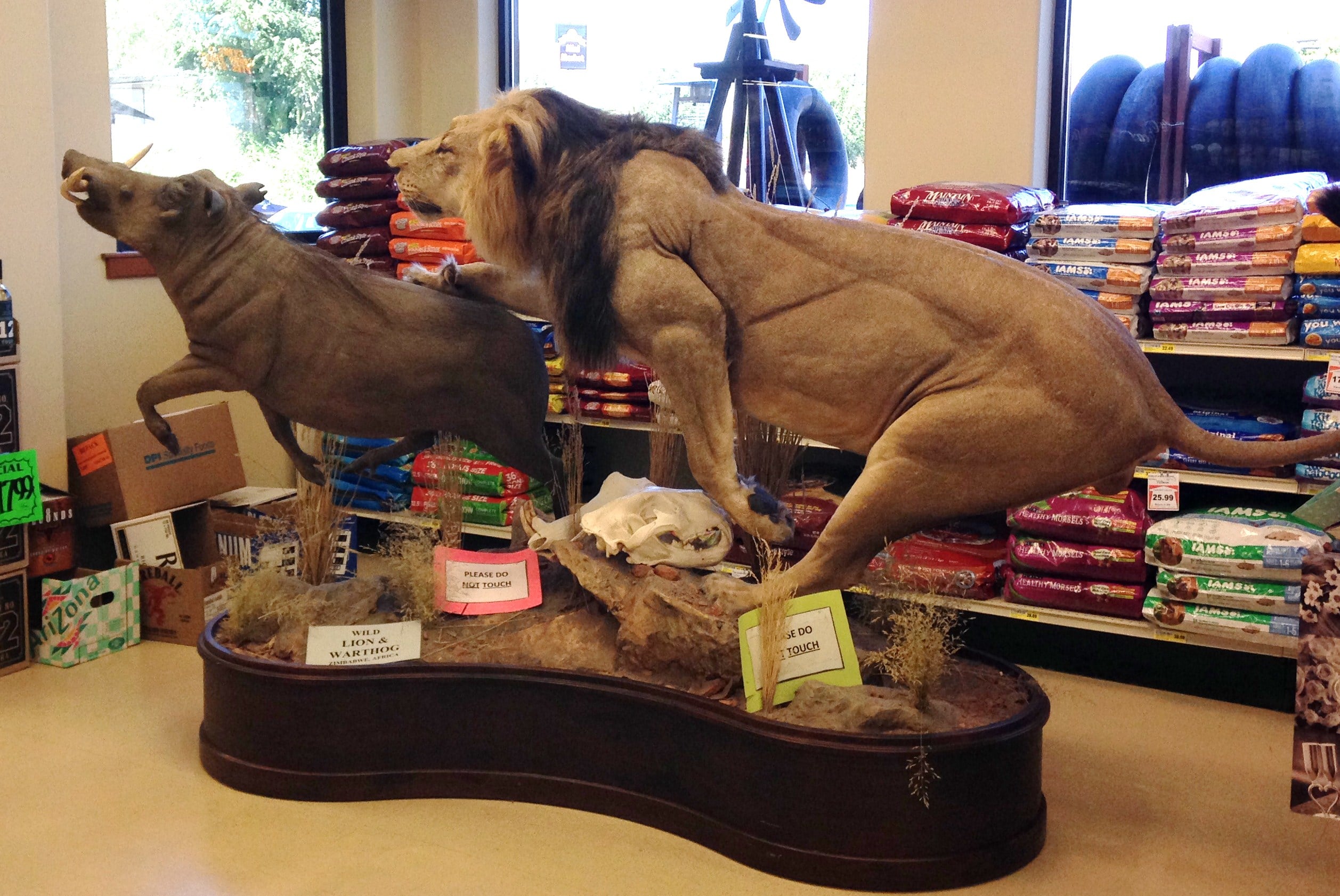By: Ashley Lodato
Long-time Methow Valley visitors Lidija and Michael Kamansky noticed that they kept seeing the Bluebird Grain Farms name at some of their favorite valley haunts, the Cinnamon Twisp Bakery and East 20 Pizza. Finally, they decided to pick up a bag of Bluebird’s Emmer Flour and see what they could do with it at home. After just one bite of their very first experiment—overnight yeasted waffles—they fell in love with the rich nutty flavor and have been stocking up on Emmer Flour during every visit to the valley since then (although of course they are well-aware that Bluebird stocks products in PCC Natural Markets, Metropolitan Markets, Town and Country Markets , and Whole Foods Markets).
Self-proclaimed “city kids” from the Chicago area (her) and the San Diego area (him), both Lidija and Mike say they grew up with little connection to their food. They’re now self-taught cooks and bakers who “seek out recipes that focus on whole grains and seasonal fruits and vegetables,” says Mike. Using Lidija’s seasonally rotating recipe collection that grows bigger each year, the couple sources locally-produced organic or certified naturally grown ingredients, and they buy direct from area farms whenever possible, including subscribing to a CSA (Community Supported Agriculture) and buying a share of a grass-fed cow each year from Changing Seasons Farm in Carnation.
While some are content to use Bluebird’s milled products, these city kids became interested in milling their own grains for artisan breads. When Mike discovered Bluebird’s Hard Red Wheat in whole grain form at their local PCC market, he began milling it and got a sourdough starter going; he now makes delicious breads with Hard Red, Hard White, and various combinations of both, says Lidija, adding “The flavor and texture of breads using Bluebird Grains simply cannot be beat!”
It was an attraction to the natural beauty of the Pacific Northwest that brought the Kamanskys to the Seattle area in 2004, after meeting while rock climbing in Southern California, and it’s a thirst for adventure that keeps them here; they can often be found exploring different regions of Washington. They love hiking and backpacking, fly fishing, Nordic skiing, and outdoor photography (you can find Lidija’s breathtaking images of natural places at The Living Mountain).
They also love to cook (“we love to cook amazing food,” Lidija clarifies). In addition to their artisan breads, the Kamanskys bake Almond Butter Blueberry Banana Bread, Pumpkin Millet Muffins, and Cranberry Ginger Bread. Some of their favorites can be found on Bluebird’s online recipe stash, but they’re open to any delicious quick or yeasted bread recipes in which emmer flour can be used in place of all-purpose flour. They also enjoy making savory dishes made with whole grain emmer, such as Grilled Rosemary Chicken with Farro Risotto and Farro Caramelized Onion and Wild Mushroom Stuffing. And next up? Chickpea Porcini and Farro Soup and Farro Tabbouleh Salad. Reading the Kamanskys’ menu, one might be led to believe that everything they cook involves a Bluebird product.
East 20 Pizza’s use of Bluebird’s hard red and hard white wheat flours inspired Mike, the baker in the family, to make his own whole wheat pizza crust, which he tops with—depending on his mood—kale, chorizo and manchego cheese, or roasted potatoes with sun dried tomato pesto, or wild mushrooms with sage, fontina, and parmesan. And in his spare time he uses the Bluebird’s hard white flour to make chocolate chip and blueberry bagels. No Domino’s Pizza or Lender’s Bagels for this guy!
“We continue to choose and expand on our use of Bluebird Grain Farms products,” says Lidija, “because the quality and flavor is second to none.” And, she adds, “we strongly believe in supporting local farmers, particularly those growing wholesome foods and practicing responsible farming.”
Even in the backcountry the Kamanskys don’t give their meals short shrift. “We tend to go fast and light,” says Lidija, “but last year we started experimenting with making our own meals using dehydrated foods” instead of buying pre-packaged freeze-dried meals. Using Trail Cooking for inspiration, the Kamanskys are looking forward to trying out more of their own meals in the mountains this year.
Another member of the Kamansky family who is looking forward to some of those backcountry meals is their dog, Lola, who joins Mike and Lidija on all of their adventures. And while the Kamanskys pick up their post-hike dinner from East 20 Pizza, Lola gets treated to a scoop of ice cream at Sheri’s Sweet Shoppe, and was even featured eating a cone in a Ravensburger jigsaw puzzle ( “pooches and cream” she’s on the lower right), in a photo snapped after running a 10k loop in Mazama with Mike and Lidija. “Lola’s favorite place is the Methow Valley,” says Lidija. “She sometimes refuses to get in the car when she knows it’s time to go back to the west side.” Mike and Lidija sometimes feel the same way, but with their car stocked full of Bluebird Grain Farms products, at least they carry edible memories of the Methow with them wherever they go.
